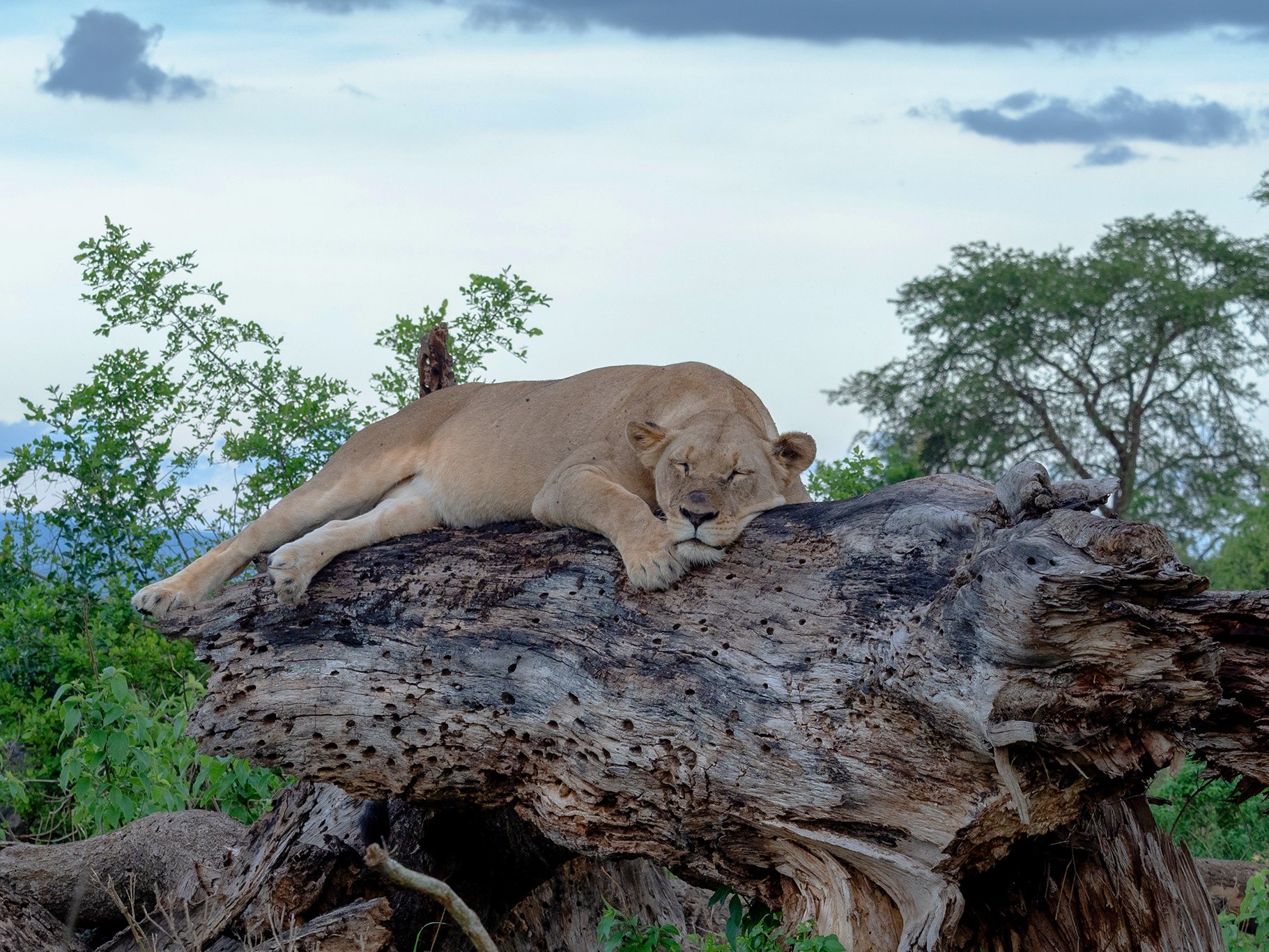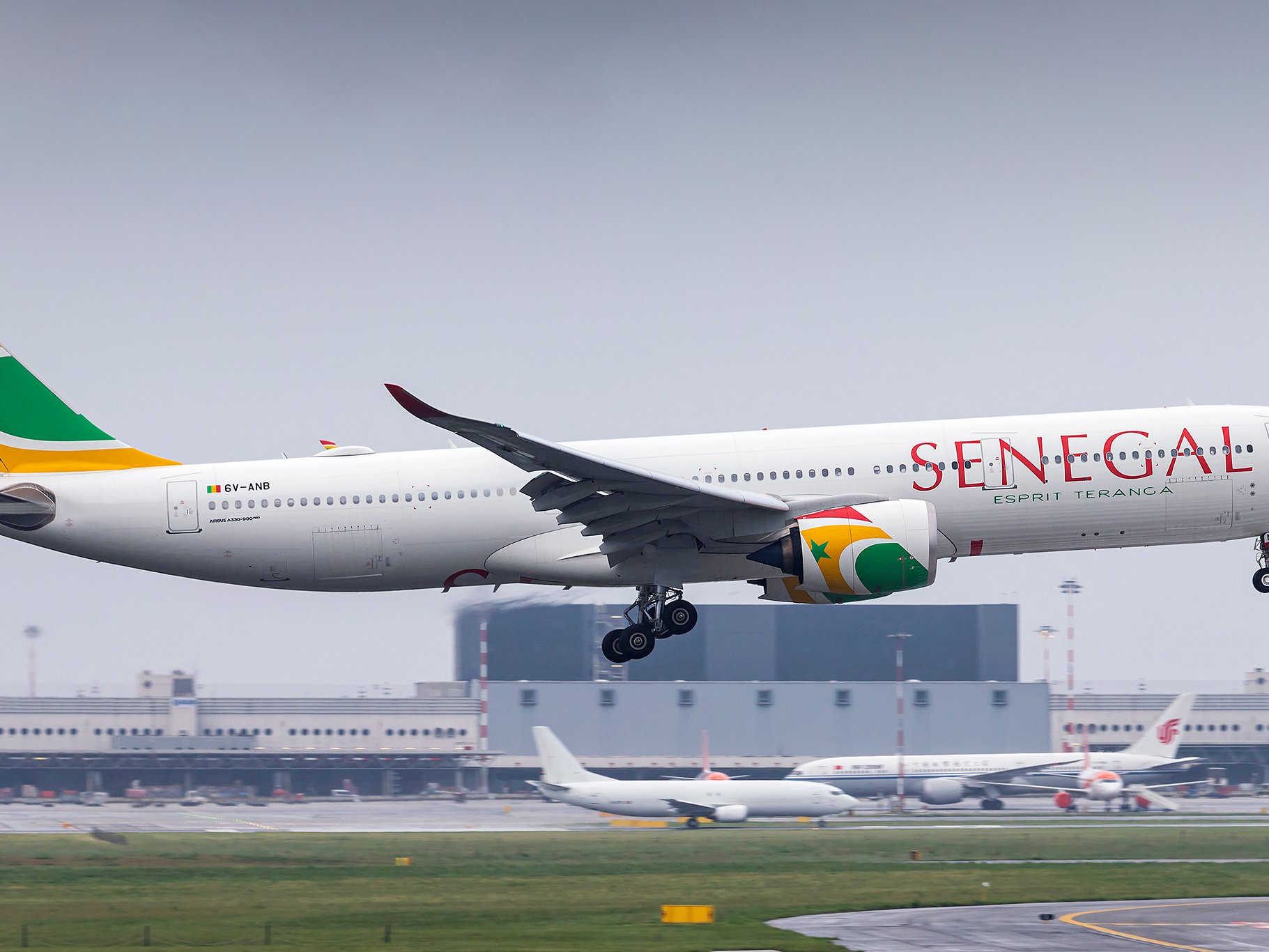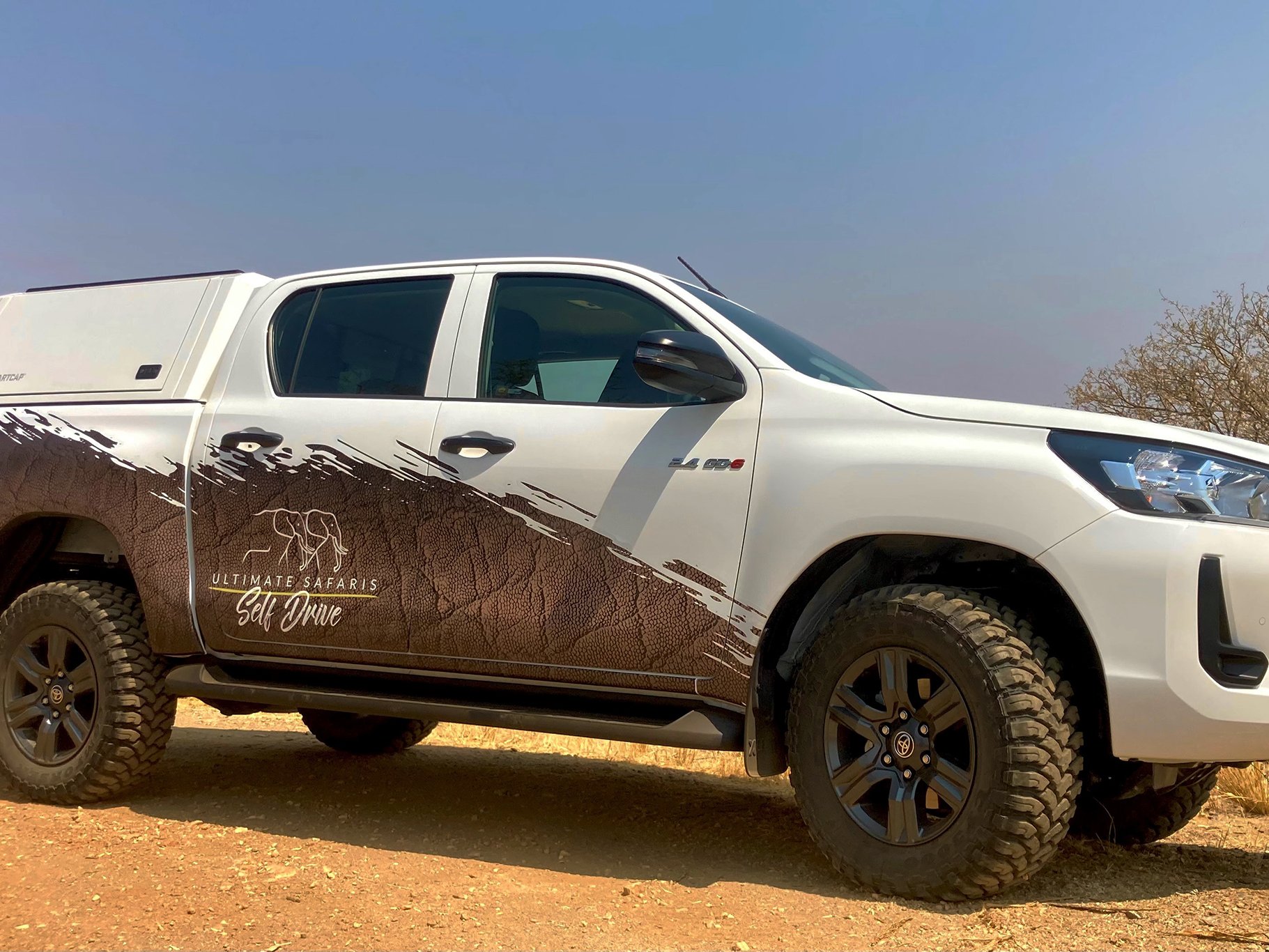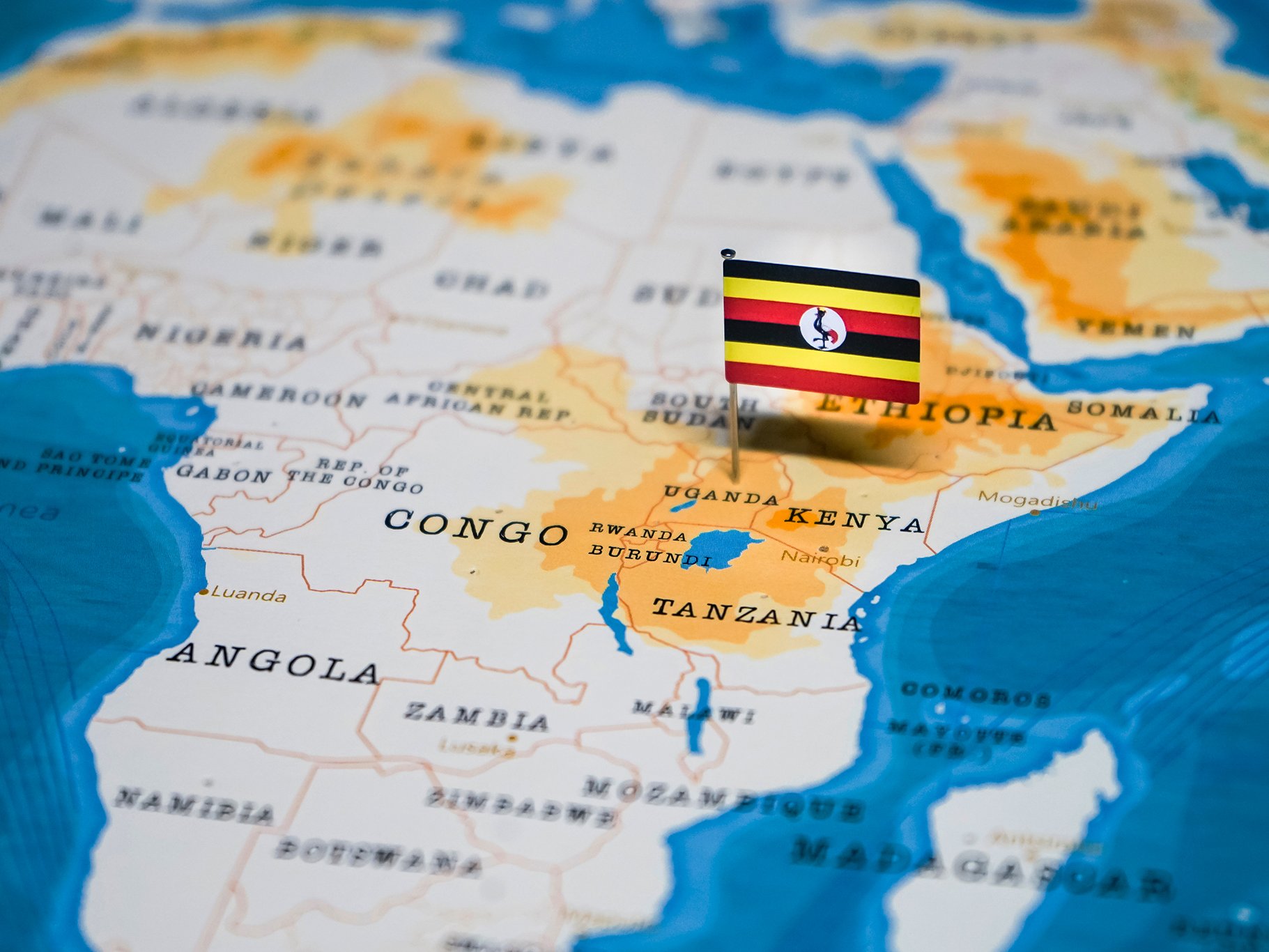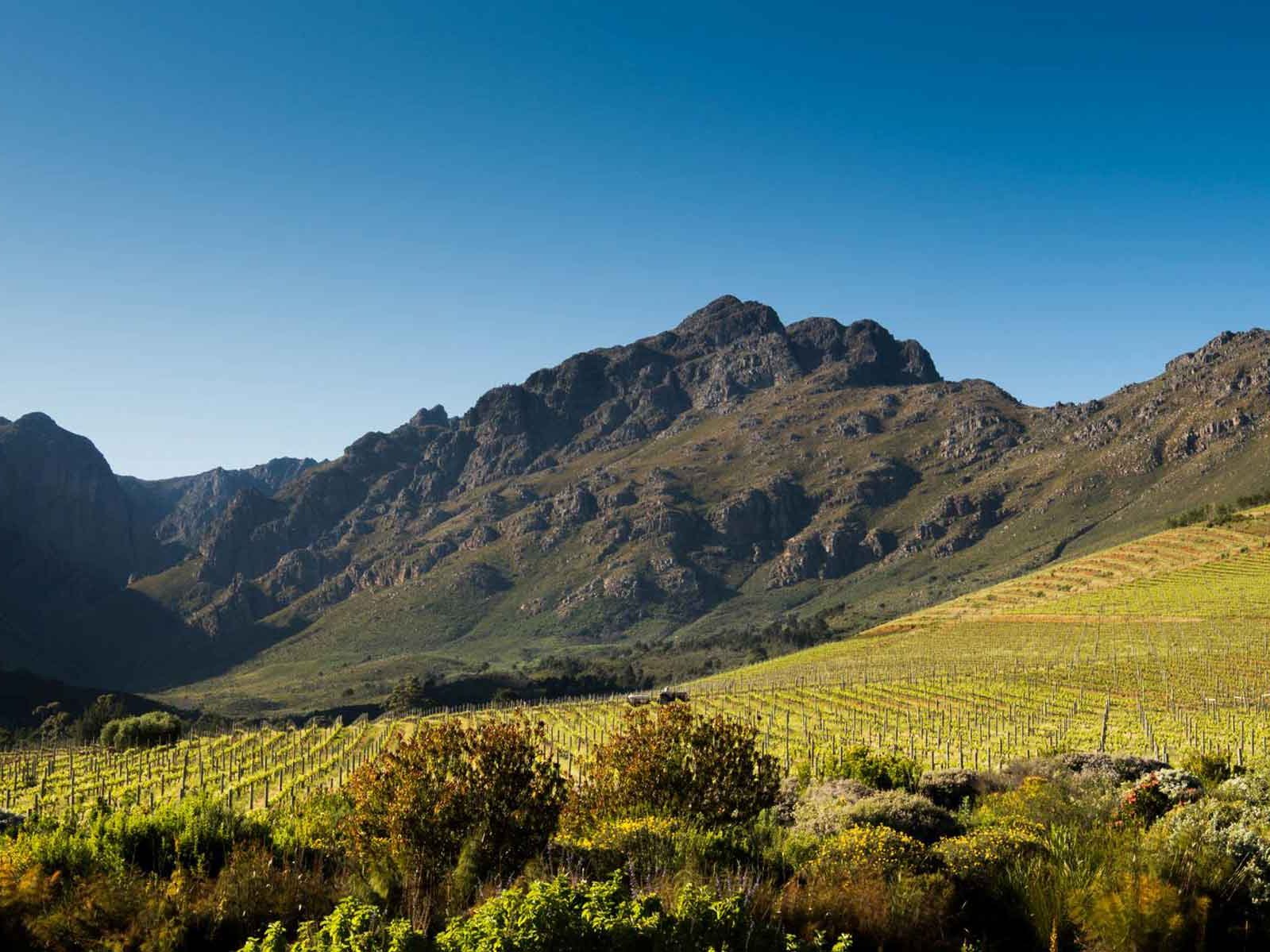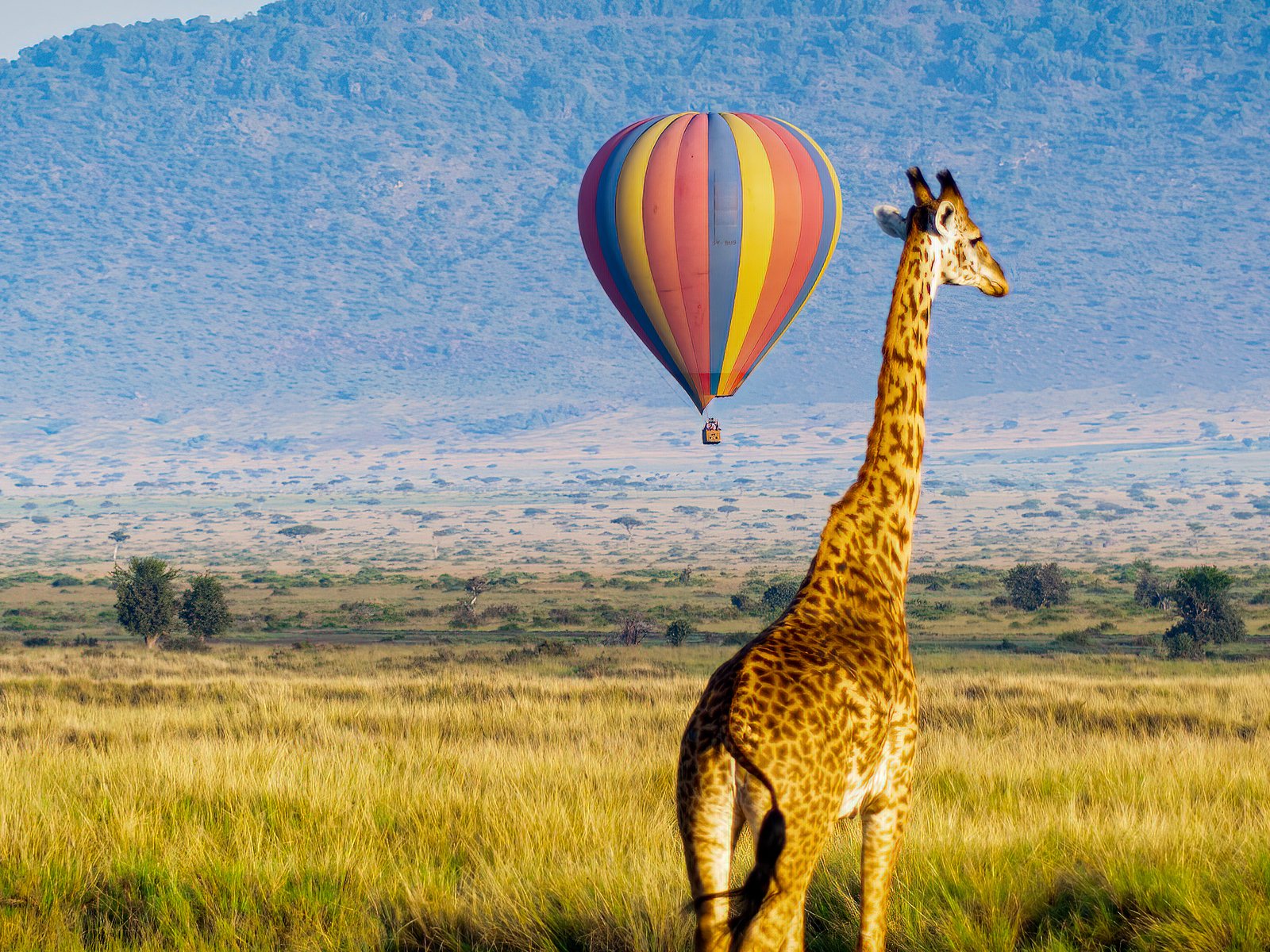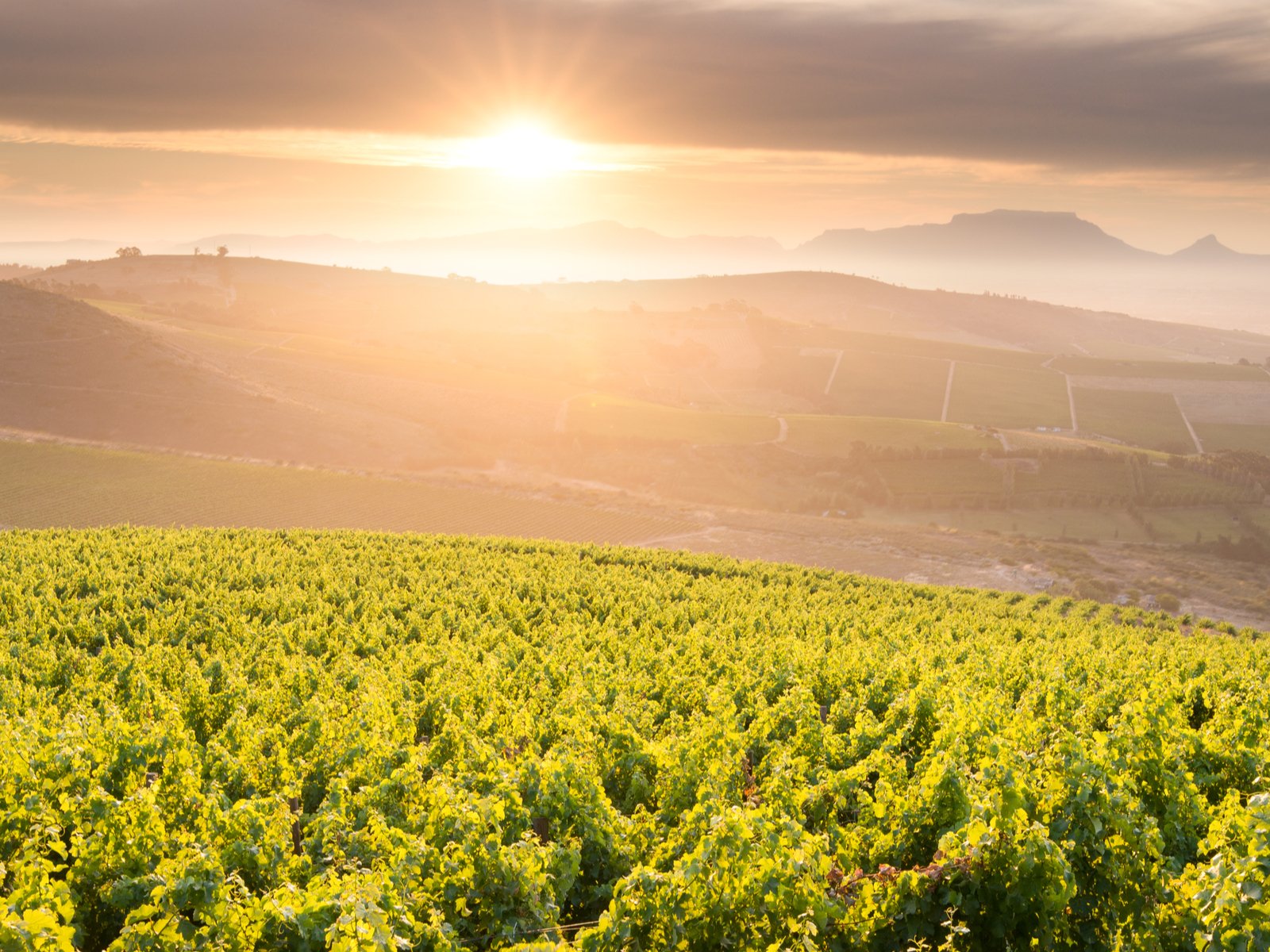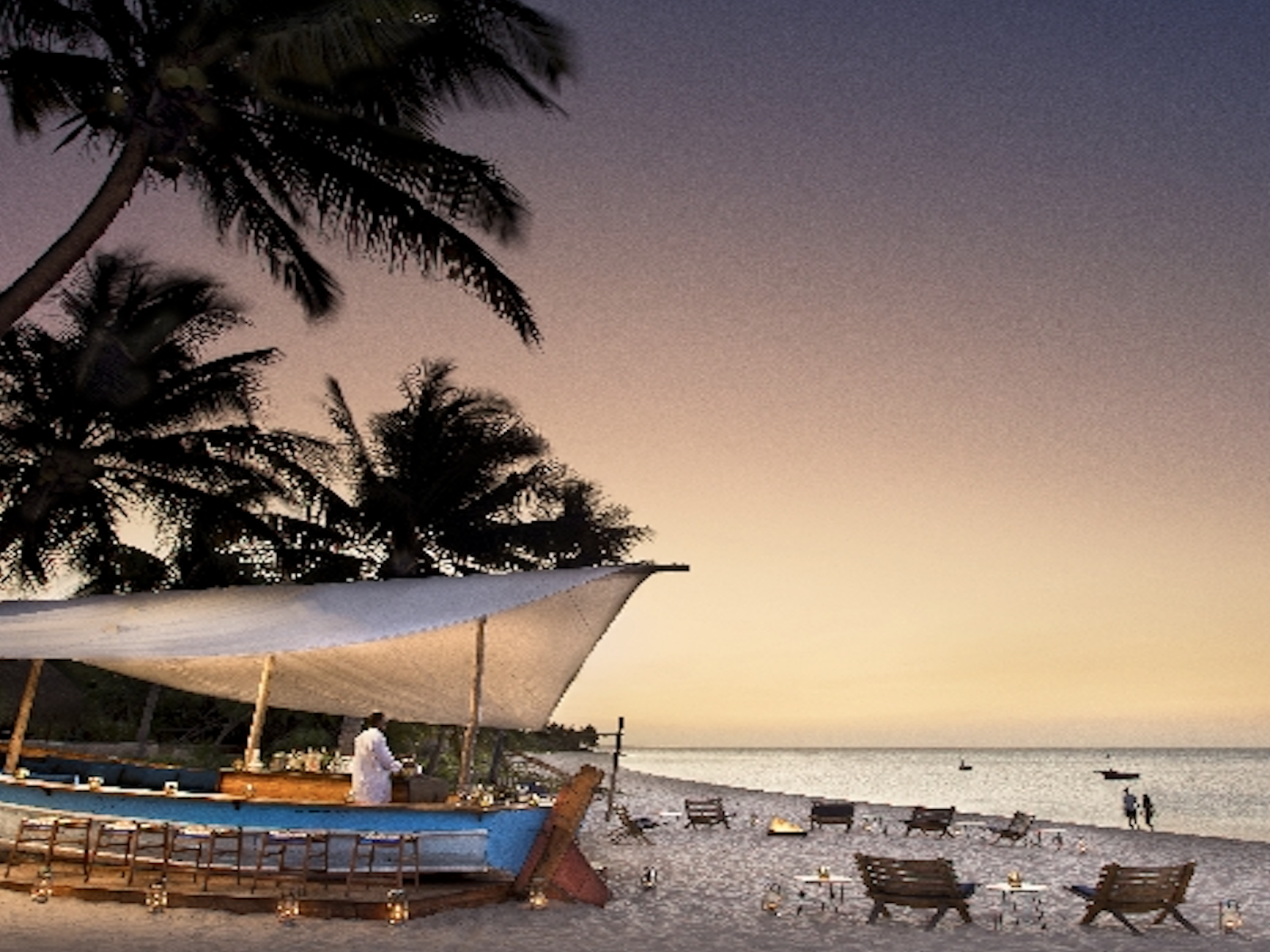Best nature and wildlife adventures in Rwanda
While Rwanda is famous for its mountain gorillas, it is also a haven for birds, elephants, giraffes, lions, and more.
Rwanda is a primate paradise — for humans and animals alike. While this Central African nation may be somewhat under-the-radar now, it's sure not to remain so for long. Located in the heart of the African Great Lakes region, the land of 1,000 hills boasts vast savannahs, dense rainforests, and volcanic mountains perfect for nature lovers of all stripes (zebra pun intended). And while Rwanda is famous for its mountain gorillas, it is also a haven for birds, elephants, giraffes, lions, and more. Read on for the best nature and wildlife adventures in Rwanda.
Gorilla Trekking in the Virunga Mountains
Trekking with gorillas in Volcanoes National Park is atop most adventurers' bucket lists worldwide, and for a good reason. To peacefully encounter a silverback in the wild is to experience the sublime — it's an experience that's initially terrifying (nothing can prepare you for a silverback brushing against you in the forest) and ultimately serene. The giants coexist with the handful of visitors who visit their habitat, curious and calm and unnervingly human-like in their behaviors. The species was expected to go extinct by the end of the 20th century — as is movingly depicted at the recently-opened Ellen DeGeneres Campus of the Dian Fossey Gorilla Fund — and rarely does a conservation story have such a happy ending.
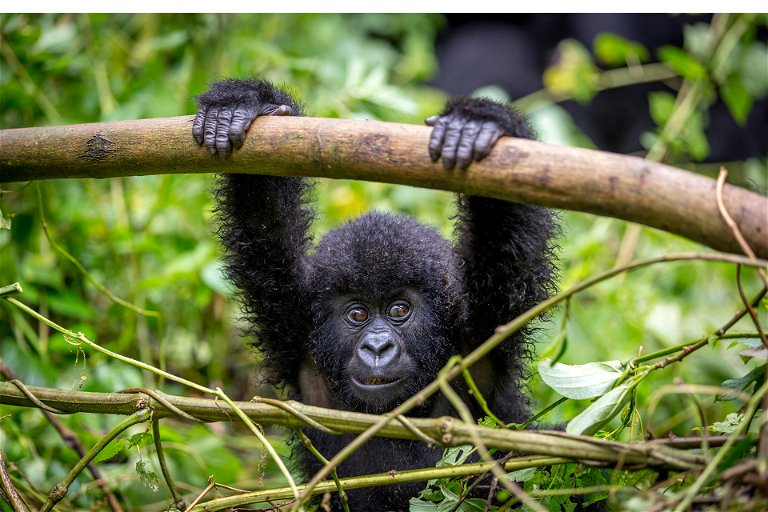
Big Five Safari in the Savannahs of Akagera
Though neighboring Tanzania is world-renowned for its safaris, it's lesser known that you can also see the Big Five in Rwanda. But for one of the smallest countries in Africa, Rwanda is surprisingly diverse — the grasslands and savannahs of eastern Rwanda are a stark contrast to the mountains and rainforests of the west. And it is here, at Akagera National Park, where the Big Five animals can be found — as well as a plethora of endlessly amusing baboons and dashing herds of graceful impala. And since the nation isn't well-known for its safari, the park is blessedly free of crowds. Part of the African Parks Network, Akagera is staffed by many former poachers-turned-conservationists, a heartening example of tourism as a source of good for both the animals and the community.
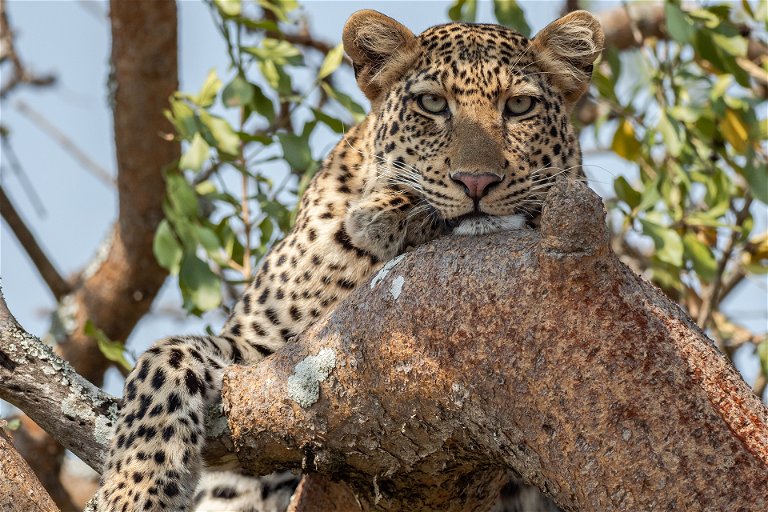
Chimpanzee Tracking in the Nyungwe Rainforest
From trekking with gorillas to trekking with chimpanzees — our next activity occurs in the lush environs of Nyungwe Forest National Park, one of the oldest forests in Africa. The last remaining wild chimpanzees exist only in Africa, and chasing them through the forest is a muddy, exhilarating activity that definitely requires a porter's assistance. (Trust us, you won't want to opt to navigate the bamboo-covered hillside terrain on your own). The adventure is a bit more challenging than the gorilla trek, as you will race to keep up with the playful primates — only to spot a lone chimp relaxing in the shade and eating a pine nut unbothered as you turn the corner onto its path. Expect to be muddy, exhausted, and blissfully satisfied.
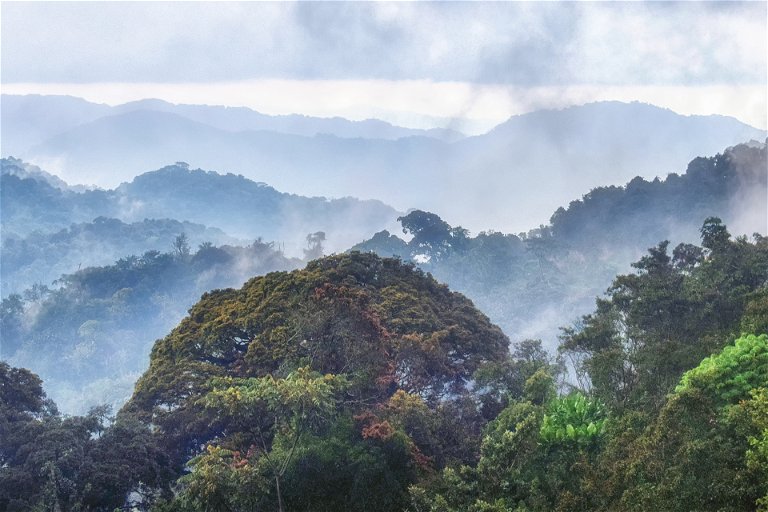
Lake Ihema is the nation's second-largest lake, after Lake Kivu — and not all of the action is happening on the water. The lake is also home to African Fish Eagles, herons, ibis, egrets, and more — and, like much else of the Rwandan countryside, is sure to satisfy wildlife enthusiasts of every variety.
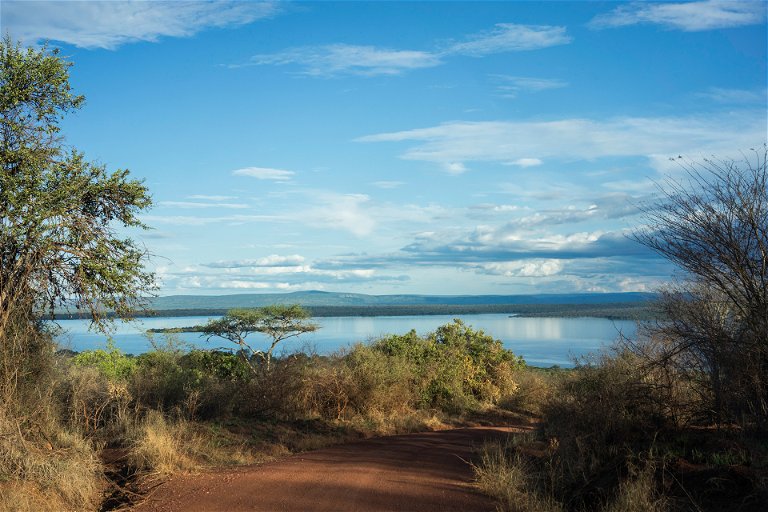
Bird Watching in Gishwati-Mukura National Park
Rwanda is not only a mecca for primates but a birder's paradise, as well — and a walk through the high-altitude forests of Gishwati and Mukura is an avian lover's dream. Gishwati-Mukura National Park is the fourth and the newest park in Rwanda — established in 2016, it's one of the youngest national parks in Africa. Located along the Congo - Nile divide in western Rwanda, the park is a mere three-hour drive from Kigali, nearby to Lake Kivu (one of the largest lakes in Africa). While Volcanoes and Akagera are famous for their animals, Gishwati-Mukura (alongside Nyungwe) is home to the largest, most diverse species of birds. Gishwati and Mukura are two distinct yet connected forests. The conservation efforts underway include protecting the more than two hundred species of birds — many of which are endemic — who call the high-altitude forest home (the park is also home to 240 species of trees). Gishwati - Mukura is also home to golden monkeys, blue monkeys, mountain monkeys, and more — if you're lucky, you might even spot a chimpanzee. But while chimp trekking may be less strenuous in Gishwati than in Nyungwe, it's likely longer — chimps never make it easy for their admirers.
Boat Trips with Hippos and Rhinos on Lake Ihema
We're headed back to the grasslands of Akagera for our final selection — a boat ride upon Lake Ihema, the watery home of the Black Rhino and the hippopotamus, among other amphibious African animals. Coordinate your boat ride during your stay at Akagera Game Lodge, an eco-retreat set atop a hilltop in the southern region of the national park. The lodge offers boating safaris to its guests, and it's a lovely aquatic alternative to observing the landlocked creatures roaming the plains (compared to a six-foot-long Nile crocodile, elephants are so passé).



